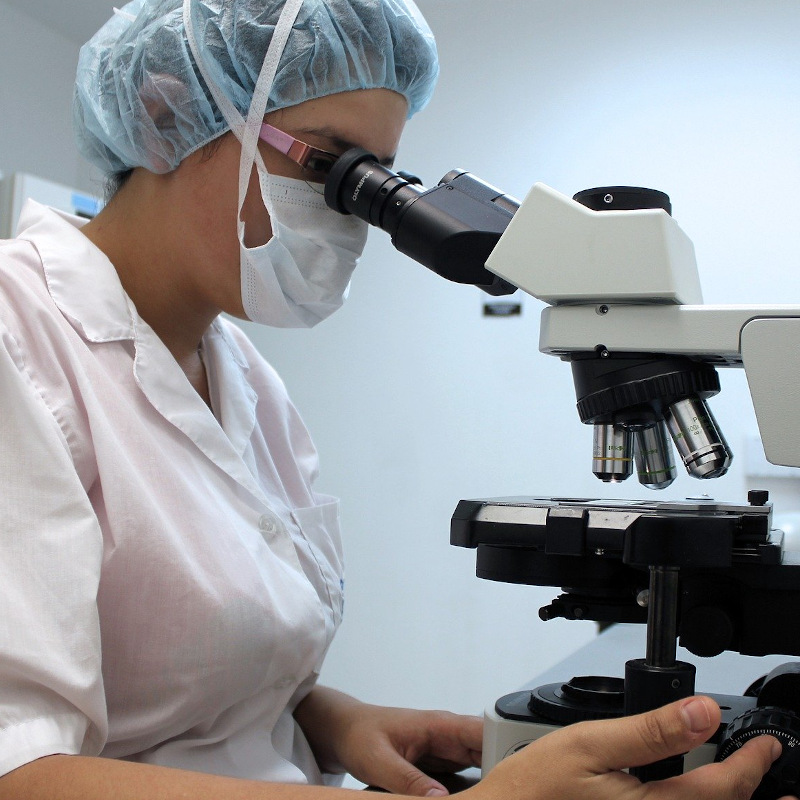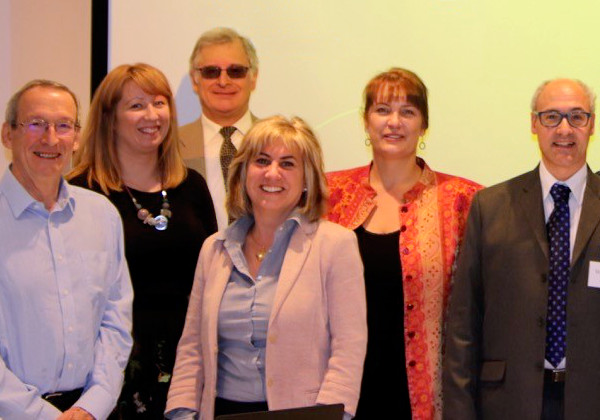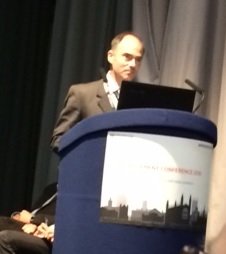Dr Steve Bone started his working life as an industrial chemist and materials scientist before becoming a business director for the sensor division of Thorn EMI.
For the last 25 years he has occupied leadership positions in leading technology, innovation and strategy consulting firms – namely PA Consulting Group, Arthur D Little and the Monitor Group – before forming nu Angle with Dr Peter Allen, a physicist with a similar background to Steve’s.
Steve has helped clients grow their businesses through innovation and technology management in a wide range of sectors – chemicals, pharmaceuticals, consumer electronics, biotechnology, and fast moving consumer goods. He is also a recognised thought leader, having written papers on trends towards virtual R&D (before ‘open innovation’), technology strategy and applying core competency thinking to R&D. He has worked on developing the approaches and thinking to technology strategy, growth platforms and technology business incubation whilst working at nu Angle and is now applying them to very successful assignments in Europe, USA and China.
Steve retired from his full-time Director role at nu Angle in March 2019 to pursue other interests, but he still helps the nu Angle teams on an ad hoc basis.
Related posts
Gradual lifting of lockdown by the UK government means that laboratories in both academic and industrial settings will be opening, Steve Bone explains this is far from trivial and offers some advice on best practice.
Quickly assessing a mass of diverse and sometimes misleading information, such as that presented by the COVID-19 crisis is exactly what many R&D managers have to do, writes Steve Bone. Fortunately, there are tools that can help those that need to be instant experts.
Computing technologies from 5G to artificial intelligence and their implications for the economy and society were major features of the recent Davos Conference, according to analysts at Mckinsey writing in an article ‘Reflections on technology from Davos 2020’. Dr Steve Bone reviews the article suggests that computing is just the most visible part of disruptive technology.
Want to know about R&D Management but too busy to read all the journals? The editors for R&D Today have each selected a journal and have made a selection of the most interesting papers of recent years.
The RADMA trustees meeting was hosted by Wiley Business in Oxford
R&D Today officially launched at R&D Management Conference 2016; community website aims to be ‘trip advisor’ of best practice.
Convergence of technologies creates the opportunity for disruptive business models, Steve Bone reviews an article in Prism which identifies a number of potential scenarios for the chemical industry.
Based on their observations of top-performing businesses, Cooper and Edgett’s paper provides a structured framework for strategy development
Chatbots have evolved to answer questions and may now offer new ways to communicate knowledge within a lab, according to a recent paper by Accenture. Steve Bone considers this new development.
Could tools used by the digital industry provide answers for more traditional sectors? Steve Bone discusses a McKinsey article about tools and techniques
The removal of unpleasant smells from the human body and living spaces has been a challenge across the years. Despite considerable investment by large companies there is not yet a complete solution. A new report outlines a new approach that is making advances.
A strong technology platform provides a competitive advantage for a organisation. If the technology is transferable to other markets it offers the potential for growth.














